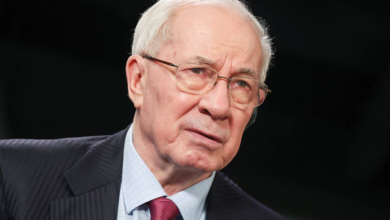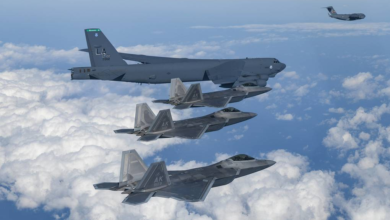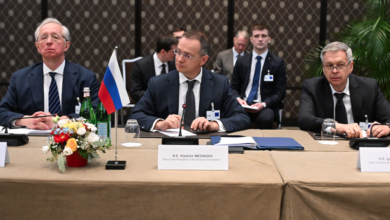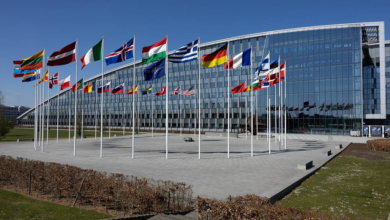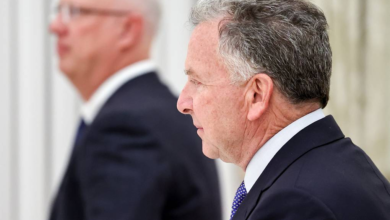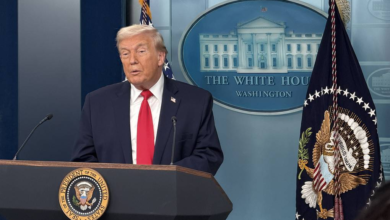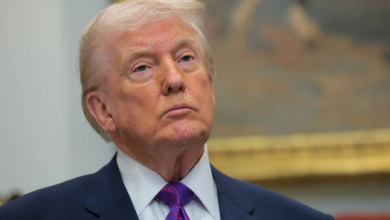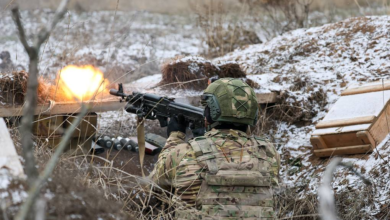Turkey’s Bold Move Towards BRICS Membership: Erdogan’s Determined Pursuit for a Balanced World Order


In a historic stance, Turkish President Recep Tayyip Erdogan declared Turkey’s firm intent to join the BRICS alliance, marking a groundbreaking move as Turkey would become the first NATO member to affiliate with the bloc. This announcement came on the sidelines of the ongoing BRICS summit in Kazan, Russia, where Erdogan attended at the invitation of Russian President Vladimir Putin.
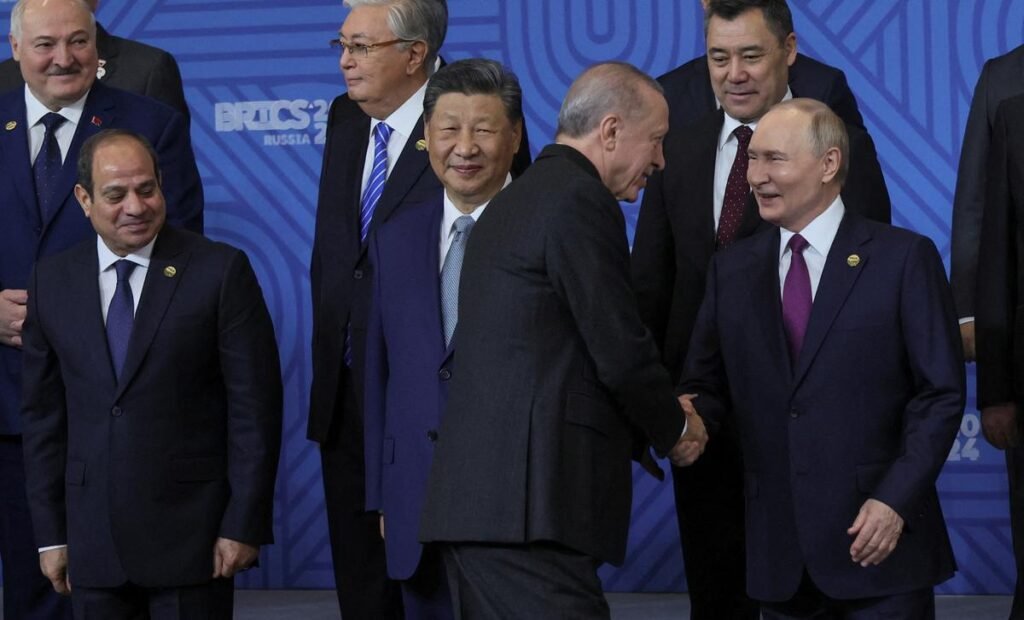
Amid a rapidly shifting global landscape, Erdogan’s presence underscores Turkey’s strategic pursuit of strengthened ties with the BRICS nations—Brazil, Russia, India, China, and South Africa—nations united in reshaping the existing global order. His message, emphasised by his call for a “more just world” and a rebalance of global power dynamics, signifies a pivotal shift for Turkey and a significant moment for BRICS itself.
“We are determined to deepen our dialogue with the BRICS family,” Erdogan expressed, highlighting that Turkey’s close ties with BRICS members are rooted in mutual respect and a shared vision of win-win cooperation. This alliance, according to Erdogan, is seen as a counterweight to Western hegemony and a platform where emerging economies can leverage collaborative potential for peace and sustainable growth.
Should Turkey’s membership be accepted, it would reshape the NATO-BRICS dichotomy and create a landmark precedent for other non-aligned or NATO-member countries seeking a balance between Western alliances and emerging powers.
In an implicit critique of the post-World War II political and financial structures, Erdogan argued, “The current mechanisms cannot meet the world’s demands.” Instead, he believes BRICS has succeeded in promoting “global trade, economic growth, and sustainable development,” offering a viable alternative to the Western-dominated institutions that have defined international relations for decades.
The significance of Erdogan’s bid lies not only in the potential expansion of BRICS’ influence but also in the implications for future geopolitical alignments. Following the addition of new members, including three from the Middle East and Iran, BRICS is becoming a formidable coalition that spans critical regions across continents. With Turkey’s participation, the alliance could gain added clout in the Middle East, creating a bridge that links Europe and Asia through an expanded network of influence.
Erdogan’s strategic decision to explore BRICS membership while maintaining NATO ties reflects Turkey’s increasing autonomy on the global stage. The move demonstrates Erdogan’s intention to diversify Turkey’s alliances, particularly amidst rising tensions with the West over issues like the Mideast conflict. This vision for a balanced, multipolar world has garnered the attention of leaders worldwide, further positioning BRICS as a catalyst for change in global governance.
With Turkey’s bid in place, the Kazan summit may ultimately serve as a milestone in BRICS’ evolution, spotlighting the bloc’s appeal to nations seeking new paths in international relations. Whether Turkey’s accession is ultimately approved or not, Erdogan’s commitment to pursuing dialogue with BRICS reinforces the idea that the global order is undeniably shifting.
